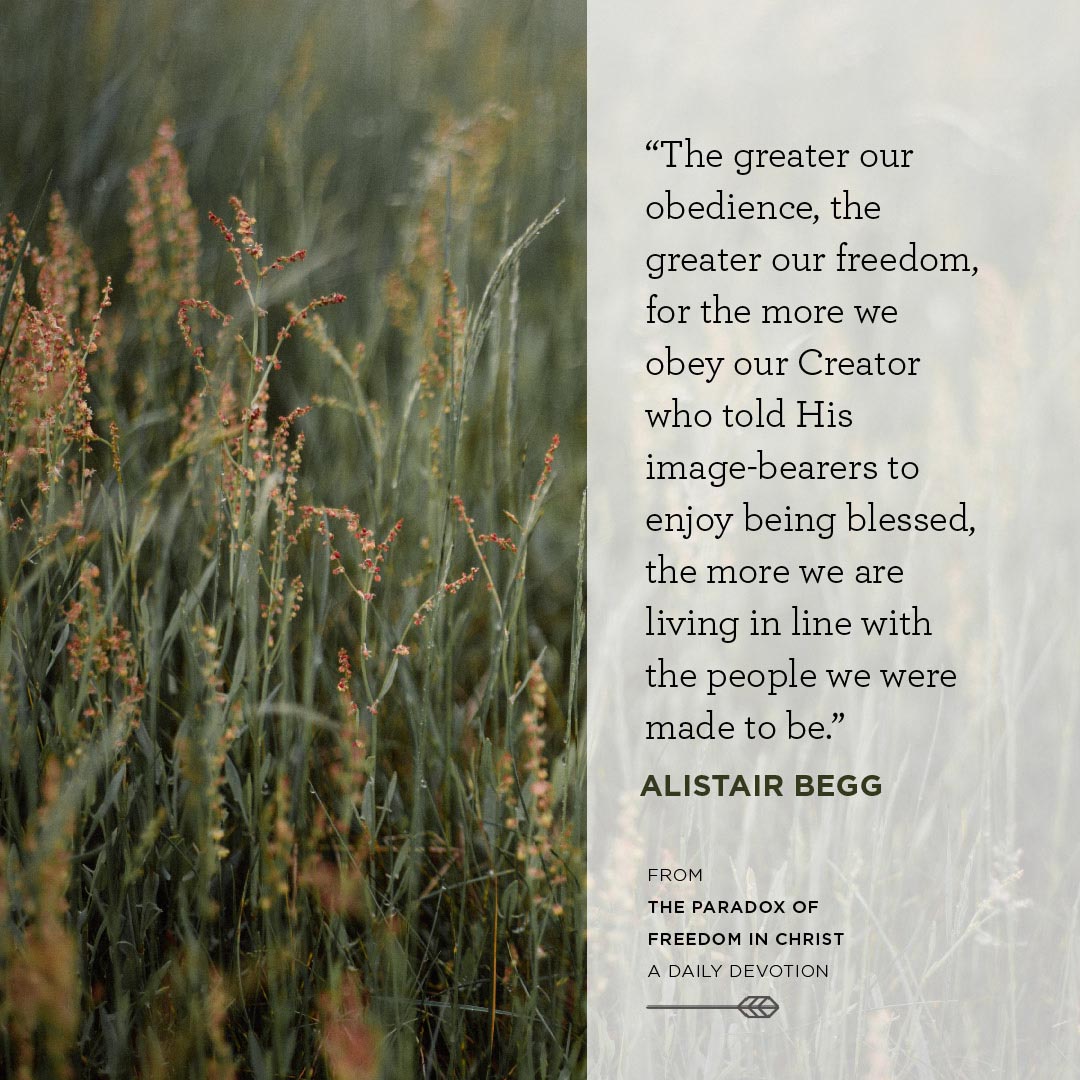Do the Ten Commandments Still Matter?Sýnishorn

THE PARADOX OF FREEDOM IN CHRIST
“The law of the Lord is perfect, reviving the soul; the testimony of the Lord is sure, making wise the simple; the precepts of the Lord are right, rejoicing the heart; the commandment of the Lord is pure, enlightening the eyes … Moreover, by them is your servant warned; in keeping them there is great reward.” PSALM 19:7-8, 11 (ESV)
Christians often seem to have a paradoxical relationship with God’s law.
Sometimes, we misapply Paul’s teaching that we’re not under law but under grace (Romans 6:14) to suggest that all of the law was only for Old Testament times. Back then, the error goes, God’s people did as they were told and obeyed the Ten Commandments; now, we can do whatever we want because we live in freedom. But with such a perspective, it’s difficult to understand the psalmist’s love for God’s law. He didn’t see the law only as something that had to be done—as a means to an end—but recognized it in itself as a source of restoration, joy, and blessing. That should be no less the case for believers today. It is true that we’re no longer under law as a means of acceptance with God; but we are still to see the law as a means of living for God. We have been redeemed so that we might be the firstfruits of God’s new creation, dedicated to God by doing His will—and we find His will in His law!
Jesus told us, “If you abide in my word, you are truly my disciples, and you will know the truth, and the truth will set you free” (John 8:31-32). The liberating power of God’s word will only do its work when we hold on to the truth in obedience to what Jesus said.
The apostle James described God’s law as perfect, giving us freedom (James 1:25). In Christ, this law is no longer external to us, written on tablets of stone. It is now written on our hearts: “The Holy Spirit also bears witness to us … ‘This is the covenant that I will make with them after those days, declares the Lord: I will put my laws on their hearts, and write them on their minds’” (Hebrews 10:15-16).
This is the paradox: our freedom in Christ is tied directly to our obedience. Disobedient people think they’re free, but really they’re in bondage to sin. Obedient people may at times feel constrained, but they’re in freedom, no longer enslaved to the impulses of a sinful nature. The greater our obedience, the greater our freedom, for the more we obey our Creator who told His image-bearers to enjoy being blessed (Genesis 1:28), the more we are living in line with the people we were made to be.
The psalmist recognized this paradox and therefore could rejoice in God’s law. So should we. If you want to know freedom from guilt, lust, fear, loneliness, aimlessness, and emptiness, you must abide in the truth. As you walk in obedience to God’s law, you will discover true freedom that revives your soul, bringing unending joy and unimaginable blessing along the way. In what way are you struggling to live under God’s law today? That will be the place where you can experience the paradoxical freedom of obedience.
- How is God calling me to think differently?
- How is God reordering my heart’s affections—what I love?
- What is God calling me to do as I go about my day today?

Ritningin
About this Plan

The Decalogue—i.e., the Ten Commandments—is perhaps the most famous list in human history. But does it still apply to 21st-century Christians? In this plan, you’ll learn about each commandment and read why this code of conduct is as relevant today as it was when God delivered it to Moses.
More








